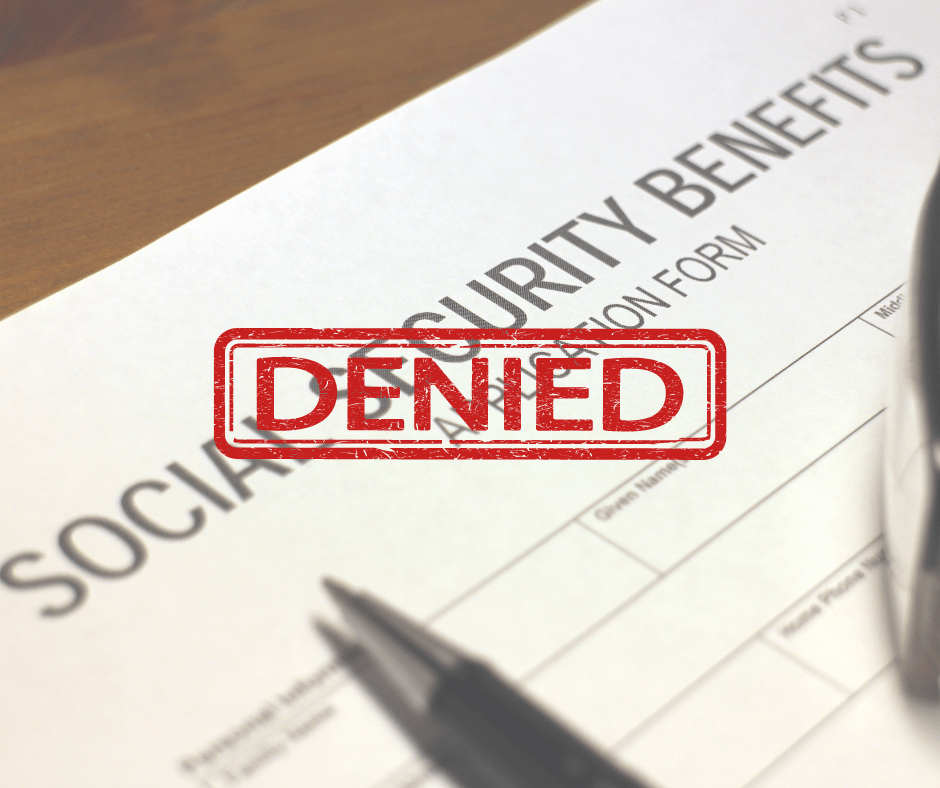Understanding Why Your Social Security Disability Claim Has Been Denied
Most Social Security disability (SSDI) claims are denied at first. The good news is that many claims that are initially denied are approved later, most often at the hearing stage. To give yourself the best chance of having your disability claim approved on reconsideration or appeal, it’s important to understand what went wrong with the initial application.
Some denials are easy to understand, and you can skip right to determining whether there is a way to fix the problem. For example:
- Your denial notice may say that you don’t have enough Social Security work credits to qualify for disability benefits. In that case, you’ll want to carefully check the records against your actual work history to see if anything is missing. If you think the Social Security Administration (SSA) got it wrong, an experienced disability advocate can help you sort out the issue.
- Your denial notice may say that you are earning too much money to qualify for benefits. Since many conditions worsen over time and it can take months to receive an initial determination, your ability to work may have been further compromised by the time you receive your denial.
Some denials aren’t quite so easy to understand. In part, that’s because of technical medical and legal jargon. But, it’s also partly because the most important question isn’t “Why did the SSA say I’m not eligible?” but “What about my application made the SSA conclude that I’m not eligible and what can I do about it?” An experienced disability benefits advocate can be a big help in answering that second question.
Determining What Your Disability Claim Denial Really Means
Imagine that the SSA sends you a notice saying that they recognize that you can no longer perform your previous job because of your medical condition. However, they have concluded that there are still other jobs you can do. So, you don’t qualify for Social Security disability benefits.
One explanation for that type of disability claim denial notice is that it’s true. For example, maybe you have limited mobility and that prevents you from going back into construction work. But, your work and educational history indicate that you would still be able to perform a number of other jobs that you’re still capable of doing with your medical condition.
Sometimes, though, the SSA mistakenly reaches that conclusion because you didn’t provide enough information, or your medical records weren’t specific enough. In that case, you may succeed in securing benefits at the reconsideration or appeal stage–but only if you know what to do differently as you move forward. That’s where Disability Help Group comes in. Our experienced advocates understand how Social Security disability claim denials work, and what type of supplemental information is likely to be helpful in overcoming that denial. If you’ve been denied SSDI, contact us now to learn more about how we can help. Call (800) 800-3332, or fill out our contact form.







